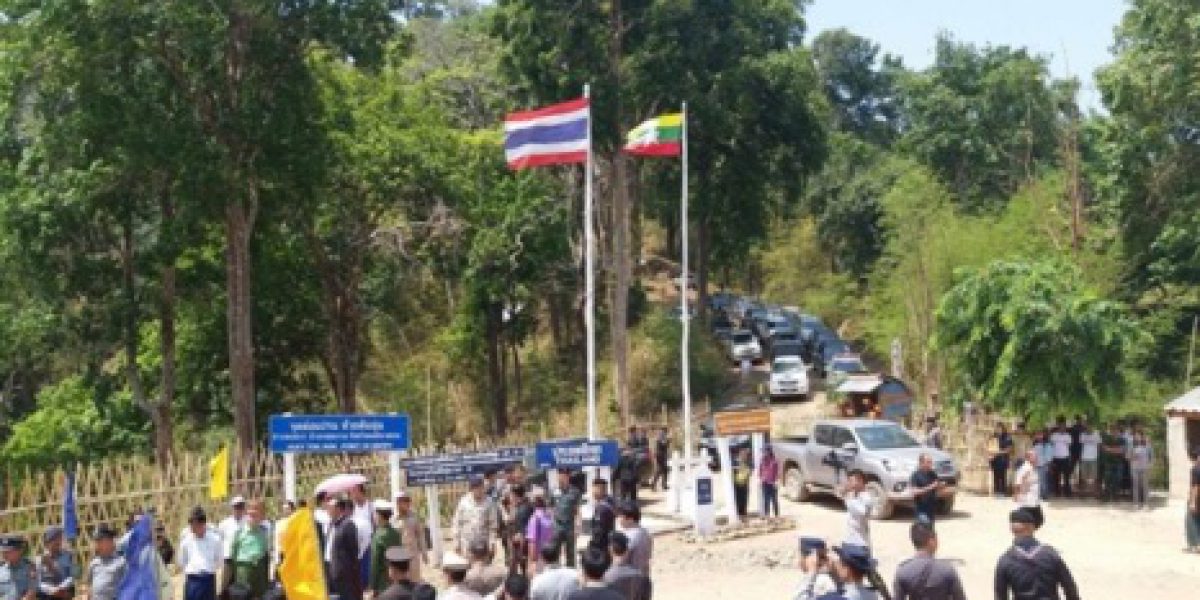Myanmar: The first official return of Myanmar refugees to Kayah State
24 September 2018|Boe Meh

Loikaw, 24 September 2018 – For thirty years, the camps have provided safe haven for those who have fled Myanmar due to ongoing conflict there. Now, some Myanmar refugees living in the camps at the Thai border are returning to Myanmar. Even though there is no formal tripartite agreement, the UNHCR is facilitating this repatriation through dialogue with the governments of Myanmar and Thailand.
In October 2016, the first group of refugees who returned to Myanmar through UNHCR facilitation, had 71 persons. On 7 May 2018, 93 refugees went back to Myanmar, including 20 returning to Kayah State. These returnees, all residents of the Ban Mai Nai Soi Camp in Mae Hong Son Province, Thailand, became the first refugees to be officially repatriated to Kayah State through UNHCR facilitation. Voluntary returns facilitated by the UNHCR is ongoing slowly and in small scale but at a steady pace—another return is planned around October 2018.
There are still currently approximately 93,300 refugees in the nine camps along the Thai-Myanmar border. It is estimated that 18,000 refugees have returned to Myanmar spontaneously without getting assistance from the UNHCR. (Since 2016, the UNHCR has operated Voluntary Repatriation Centers (VRC) in the camps and provided counselling to those who are interested in returning to Myanmar with facilitation.)
Government authorities from Mae Hong Son Province, UNHCR officials, and representatives of a number of non-governmental organizations (NGOs) active in the camp, accompanied the returnees to the border. They were introduced to Kayah State government officials, and then brought the Maese Township Hall. At the hall, state government authorities, UNHCR officials, and representatives of NGOs working in Kayah State, officially welcomed them.
The returnees received a cash grant from the UNHCR. This grant included money for transportation from the border crossing to their respective final destinations, reintegration support, and food for six months. In addition to the grant, they received counselling, mine risk education, and household items such as mosquito nets. Kayah State government authorities also provided cash assistance and other support. The returnees were assured of free-medical service for a year.
One of the concerns raised by one returnee family is that shelter is not included in the UNHCR assistance package or by the local government. In Kayah, the returnee families are staying with their relatives. Within a month, some of them will have already moved to stay with other relatives.
During JRS’ partners visit to the returnees, one man said “We do high-land farming while we also help our relatives on their farm. We only know how to farm. We don’t have our own house yet. As soon as we have one, we will move to it.”
As far as education was concerned, he did not encounter any difficulty in enrolling his daughter in kindergarten at one government school, not far from where they are temporarily staying.
The Jesuit Refugee Service (JRS) supports the local Catholic Church in accompanying the returnees. The goal is to help returnees become well integrated in their host communities in Myanmar.
Boe Meh

